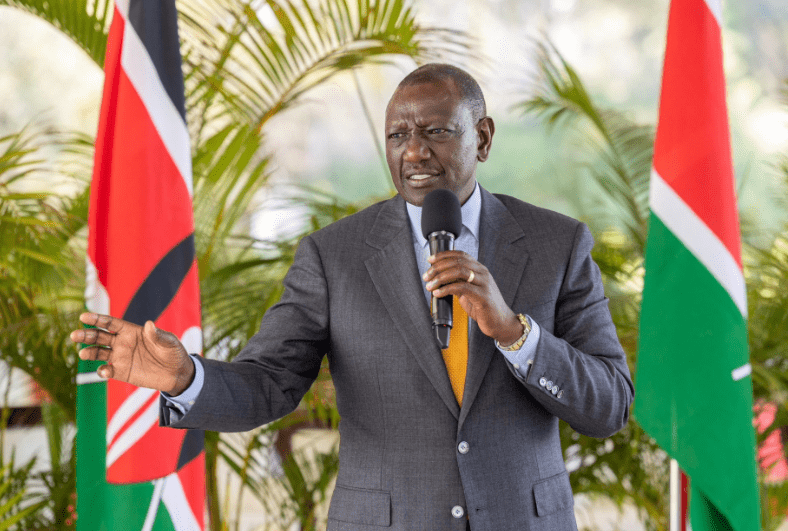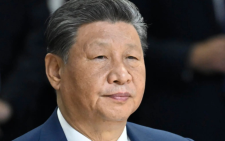Lies-fed politics ultimately makes citizens powerless

Since assuming power, President Ruto’s administration has faced significant scrutiny for the frequent disparity between the promises made and the reality on the ground now.
The volume and frequency of misleading statements from its top echelons, particularly on economic promises such as debt management, economic growth, and development initiatives, have drawn widespread attention and criticism from fact-checkers and the public.
However, to fully understand why a pattern of falsehoods appears to have been politically effective, it’s worth reflecting on this intentional practice on a broader theoretical framework of lies and manipulations in politics.
Hannah Arendt, the renowned German-American philosopher, once stated that constant lying is not merely about making people believe a lie but rather about eroding their ability to believe anything. It is a form of manipulation that has the effect of disorienting the public to the point where the line between truth and falsehood becomes so blurred that people become incapable of discerning between right and wrong.
This aptly applies to Kenya Kwanza’s approach since the early days of their political campaign and that continues throughout this rule.
In the lead-up to the elections, Kenya Kwanza made bold promises that raised public expectations to dizzying heights. One of Ruto’s key pledges was to drastically reduce the cost of living, specifically promising to lower food prices, make housing more affordable, and tame Kenya’s escalating debt problem.
Yet, shortly after assuming office, many of these promises went unfulfilled. Instead, the government has overseen proposals to increase taxes, a ballooning national debt, and rising costs of essential commodities such as fuel and food. In fact, rather than debt relief, Kenya has seen its external borrowing rise under Ruto’s administration, which contradicts his earlier claims about fiscal prudence.
Despite these glaring contradictions, the government continues to frame this period as one of economic revival and national progress. Speeches are usually rife with declarations about Kenya’s robust growth, touting development projects and reforms that either have not materialised or have been implemented on a much smaller scale than initially promised. Fortunately, fact-checkers have repeatedly pointed out these inconsistencies, but they have done little to sway the public narrative or parts of Ruto’s political base.
The resilience of part of the government’s support base suggests that use of falsehoods follows the strategy outlined by Arendt: that the goal is not to make the people believe each individual lie, but to create a mood in which the public can no longer confidently believe anything. This state of confusion works in Ruto’s favour as it allows him to redefine reality continuously and play to different audiences depending on the political climate.
During his campaign, he sharply criticised the previous administration’s borrowing habits, promising to rein in external debt. Yet, once in office, his government continues to borrow, with little improvement in debt management.
Rather than acknowledging this policy shift, Ruto has reframed the narrative to suggest that the borrowing is a necessary evil for national development, while simultaneously claiming that his government is making strides in reducing the debt burden.
Economic policies are characterised by lofty rhetoric about inclusivity and development, while the reality is that many of his flagship projects are still in the planning phase, and tangible economic progress remains elusive for the majority of Kenyans. Nonetheless, he continues to paint a picture of an administration delivering on its promises, using every public appearance to reinforce this message, regardless of the evidence to the contrary.
This strategy works because, as Arendt opined, once people lose their ability to distinguish between truth and lies, they also lose their ability to critically judge their leaders. In a political environment dominated by disinformation, scepticism about any political claim grows, and the public becomes less likely to hold leaders accountable. In this way, frequent falsehoods are not a failure of leadership but a calculated political strategy designed to sow doubt, foster confusion, and undermine the very idea of objective truth.
As Arendt warned, a populace unable to discern truth from lies is left vulnerable to manipulation, incapable of meaningful judgment, and ultimately, powerless.
— The writer is People Daily’s Business Editor











